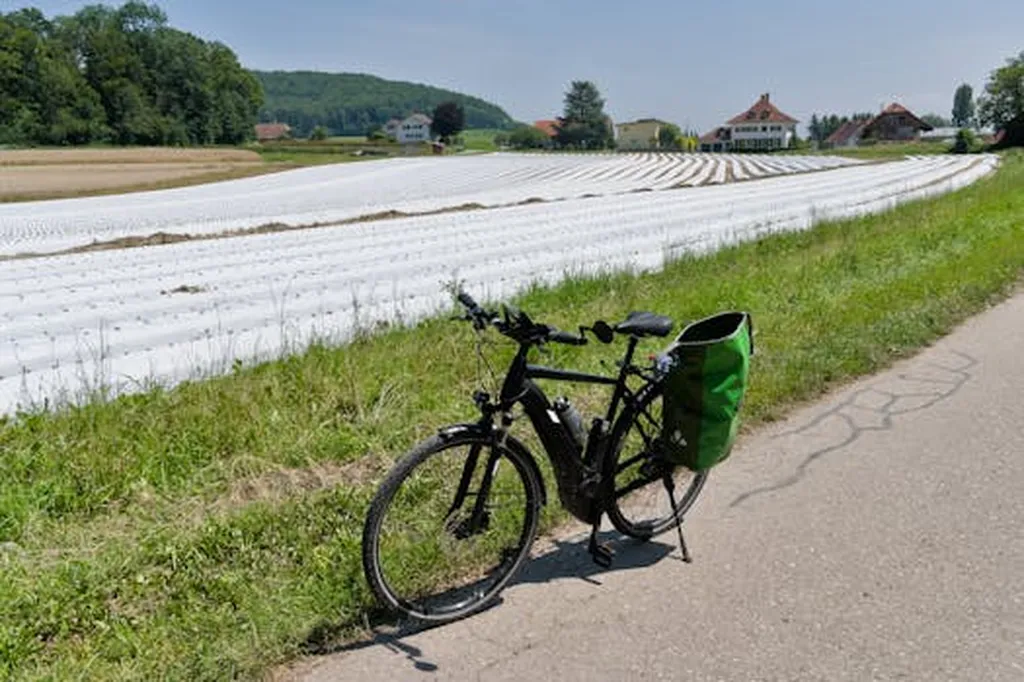In the quest for sustainable agriculture, scientists have long turned to nature’s own pest controllers: beneficial fungi. Among these, the genus *Trichoderma* stands out for its versatility and potential to revolutionize crop protection and plant growth. However, as a recent review published in *Diversity* highlights, translating the promise of *Trichoderma* from the lab to the field is fraught with challenges that could reshape how we approach biological control.
*Trichoderma* fungi are nature’s multitaskers, capable of triggering systemic resistance in plants, directly inhibiting pathogens, promoting growth, and even enhancing tolerance to environmental stresses. “These fungi are like a Swiss Army knife for plant health,” explains lead author Karina Gutiérrez-Moreno of the Unidad de Genómica Avanzada at Cinvestav de Irapuato, Mexico. “They offer multiple mechanisms of action, making them incredibly valuable for sustainable agriculture.”
Yet, despite their potential, the widespread adoption of *Trichoderma*-based products has been hampered by inconsistencies between lab results and real-world performance. The review identifies context dependency as a major hurdle, with factors like strain-specific traits, crop genotype, soil properties, and environmental conditions all playing a role. “What works in a controlled environment doesn’t always translate to the field,” Gutiérrez-Moreno notes. “This variability is a significant challenge for commercial applications.”
For the agriculture sector, these findings underscore the need for tailored solutions. The one-size-fits-all approach to biological control may not be viable, and companies investing in *Trichoderma*-based products must consider local strategies and detailed characterization of native strains. This could open up new markets for regional biotech firms specializing in strain development and optimization.
The review also highlights opportunities for innovation. By understanding the context-dependent nature of *Trichoderma*’s effectiveness, researchers can develop more targeted and efficient biological control agents. This could lead to a new generation of products that are better suited to specific crops and environments, ultimately boosting their commercial viability.
Moreover, the emphasis on native strains could spur investment in local research and development, fostering a more diverse and resilient agricultural biotech sector. “The future of *Trichoderma*-based products lies in local adaptation and detailed characterization,” Gutiérrez-Moreno says. “This is where the real potential for impact lies.”
As the agriculture sector grapples with the challenges of sustainability and climate change, the insights from this review could shape the future of biological control. By addressing the context dependency of *Trichoderma* strains, researchers and companies alike can unlock the full potential of these remarkable fungi, paving the way for more effective and sustainable crop protection strategies. The findings, published in *Diversity* and led by Gutiérrez-Moreno, offer a roadmap for turning the promise of *Trichoderma* into a reality for farmers worldwide.

